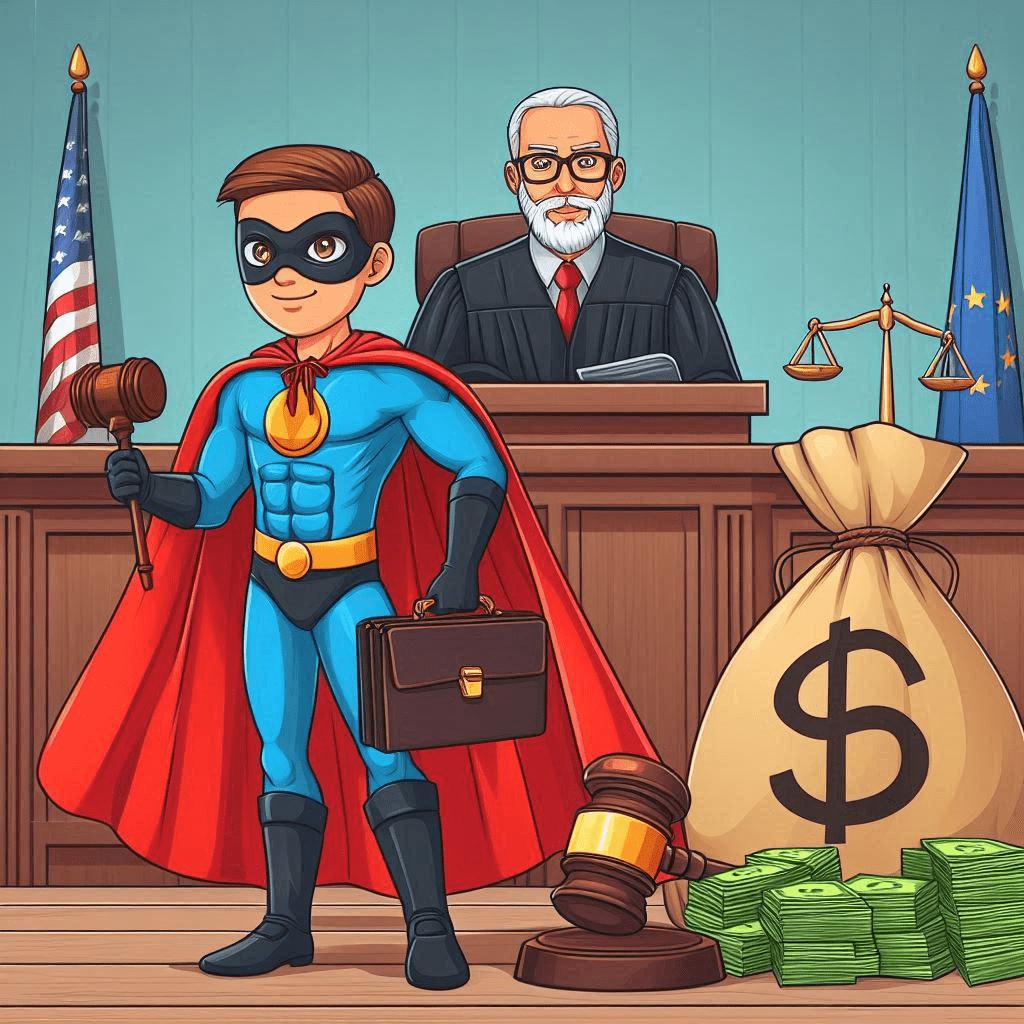
Getting a fair settlement for a personal injury can be a daunting process, but it’s crucial for covering medical bills, lost wages, and other damages. Whether you’ve slipped on a wet floor, been in a car accident, or suffered any other injury, knowing the right steps can make a significant difference. Here’s a straightforward guide to help you maximize your personal injury settlement and ensure you get the compensation you deserve.
1. Seek Immediate Medical Attention
Your health is your top priority. Seek immediate medical attention after the accident, even if you don’t feel seriously injured. Some injuries may not be immediately apparent and could worsen over time. Medical records serve as crucial evidence in your personal injury claim, documenting the extent and impact of your injuries.
2. Follow Your Doctor’s Advice
Adhering to your doctor’s treatment plan is essential for your recovery and your claim. Failing to follow medical advice can be used against you by the insurance company, arguing that you’re not as injured as you claim. Attend all follow-up appointments, take prescribed medications, and participate in recommended therapies.
3. Document Everything
Gather and keep detailed records of everything related to your accident and injuries. This includes:
- Medical Records: Document all treatments, diagnoses, medications, and rehabilitation efforts.
- Accident Reports: Obtain copies of police or accident reports.
- Photographic Evidence: Take photos of the accident scene, your injuries, and any property damage.
- Witness Statements: Collect contact information and statements from witnesses.
- Journal: Keep a diary detailing your pain, suffering, and how the injuries affect your daily life.
4. Don’t Rush the Settlement Process
It’s natural to want to resolve your claim quickly, but rushing the process can result in a lower settlement. Avoid accepting the first offer from the insurance company. It’s often a lowball offer designed to minimize their payout. Consult with your attorney to determine a fair settlement value based on your damages and losses.
5. Avoid Discussing Your Case Publicly
Insurance companies often monitor claimants’ social media accounts for evidence that can undermine their claims. Avoid discussing your case publicly or posting about your injuries on social media. Any contradictory statements or photos can be used against you in negotiations or court.
6. Keep Detailed Records of Economic Damages
Economic damages include all the tangible financial losses you’ve incurred due to the accident. Keep records of:
- Medical Bills: Include all current and future medical expenses.
- Lost Wages: Document any time off work and loss of income.
- Property Damage: Record costs related to repairing or replacing damaged property.
- Out-of-Pocket Expenses: Include travel expenses for medical appointments and any other related costs.
7. Consider Non-Economic Damages
Non-economic damages compensate for intangible losses like pain and suffering, emotional distress, and loss of enjoyment of life. These damages can significantly increase your settlement. Your attorney can help quantify these damages based on the severity of your injuries and their impact on your life.
8. Be Patient and Persistent
Negotiating a fair settlement takes time and persistence. Insurance companies often use delay tactics to pressure claimants into accepting lower offers. Stay patient and let your attorney handle negotiations. They will advocate for your best interests and work to secure the maximum compensation possible.
9. Don’t Settle Before Completing Medical Treatment
Settling your claim before completing medical treatment can result in inadequate compensation. Ensure you understand the full extent of your injuries and future medical needs before agreeing to a settlement. This ensures that all your medical expenses are covered.
10. Hire an Experienced Personal Injury Attorney
An experienced personal injury attorney is invaluable in maximizing your settlement. They understand the legal process, know how to negotiate with insurance companies, and can build a strong case on your behalf. Your attorney will ensure all necessary evidence is gathered, calculate a fair settlement value, and fight for your rights.
Frequently Asked Questions (FAQs)
Q: How long does it take to settle a personal injury claim?
A: The duration of a personal injury claim varies based on the complexity of the case, the extent of injuries, and the willingness of the insurance company to negotiate. It can take anywhere from a few months to several years.
Q: What if the insurance company denies my claim?
A: If your claim is denied, consult with your attorney to explore other options. They can help appeal the denial, negotiate further, or file a lawsuit to pursue compensation.
Q: How much does it cost to hire a personal injury attorney?
A: Most personal injury attorneys work on a contingency fee basis, meaning they only get paid if you win your case. Typically, their fee is a percentage of the settlement or court award, so there are no upfront costs for you.
Q: Can I still receive compensation if I was partially at fault?
A: Yes, many states follow comparative negligence laws, which allow you to recover damages even if you were partially at fault. However, your compensation may be reduced by your percentage of fault.
Q: What types of damages can I claim in a personal injury case?
A: You can claim both economic and non-economic damages. Economic damages include medical expenses, lost wages, and property damage. Non-economic damages cover pain and suffering, emotional distress, and loss of enjoyment of life.
Conclusion
Maximizing your personal injury settlement involves careful documentation, patience, and professional legal assistance. By following these steps and working closely with an experienced personal injury attorney, you can ensure you receive the compensation you deserve for your injuries and losses. Remember, your health and well-being are paramount, so take the time needed to recover fully and let your attorney handle the complexities of your case.
With these steps and tips, you can navigate the personal injury settlement process more effectively, ensuring your rights are protected and your compensation is maximized. Stay informed, stay proactive, and trust in your legal team to guide you through this challenging time.
Leave a Reply